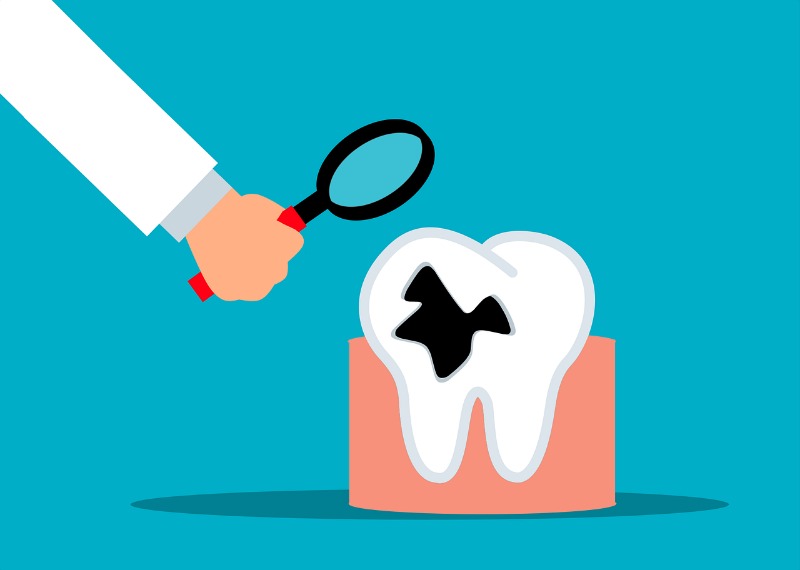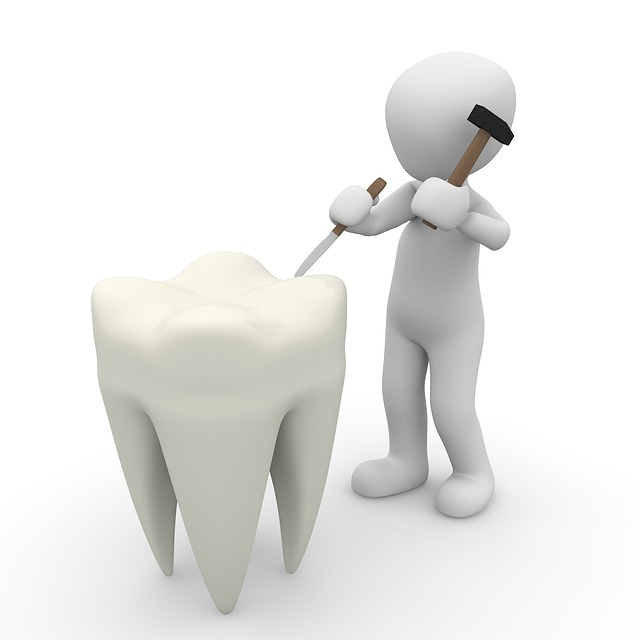What You Need to Know About Cavities

Cavities: What Is It?
A cavity is a crack that forms in your tooth. Cavities begin as small holes but slowly become bigger when they’re overlooked. To put it in simple words, many cavities don’t cause pain in the initial stage. Accordingly, it gets difficult to realize that a problem exists. Regular visits to the dental clinic can detect tooth decay before time.
According to dentists, cavities and tooth decomposition are some of the most common health problems in the world. Anyone including babies may develop cavities.
Knowing that you have a cavity might come as a shocker. This is particularly true if you believe you follow a good oral hygiene routine. Nevertheless, even if your dentist mentions this, there are ways to care for a cavity and put off new ones from forming.
Symptoms of Tooth Cavities
The symptoms of a cavity depend on the harshness of the decay. They comprise of:
- Tooth pain
- Tooth Sensitivity
- Bad taste in the mouth
- A visible break in your teeth
- Facial swelling
- Black or White stain on your teeth
Tooth Cavities Causes: Dentist Toluca Lake

A tooth cavity happens due to plaque, a sticky substance that binds to teeth. We all have bacteria in our mouths. When you have foods or drinks with sugar; bacteria in your mouth turn sugar into acid. Plaque begins to form on your teeth as you eat or drink anything sugary. Hence, regular brushing is vital.
Plaque sticks to your teeth. Besides, the acid in plaque can gradually wear away tooth enamel. Enamel is a solid, defensive coating on your teeth that guard against tooth decay. As your tooth enamel deteriorates, the hazard of decay swells.
Everyone is at threat of cavities; however, some people have a higher risk. Wondering why? If you take too many sugary or acidic foods and drinks and fail to follow a proper oral hygiene routine, you have a higher risk of cavities.
Cavities build up habitually in the back teeth. These teeth have gaps that can catch food particles. In addition, these teeth are at times, harder to reach when brushing and flossing.
Treatment Options for Tooth Cavities
Tell your dentist about your painful symptoms. Your dentist can spot tooth decay after conducting an oral exam. Some cavities aren’t perceptible from an oral exam. Hence, your dentist takes a dental X-ray to search for the decay.
Treatment Options for Cavity:
- Tooth fillings
- Crowns
- Root canal
- Early-stage treatment
If your dentist notices a tooth cavity in the early hour’s stage, a fluoride treatment may reinstate your tooth enamel and check for further decay.
Types of Cavities
- Smooth surface
- Root decay
- Pit and fissure decay
Understanding the Complications of Cavities
When tooth decay is overlooked for a long time, you can lose a large portion of the tooth and necessitate a pulling out. Advanced tooth decomposition can cause harsh contamination inside the tooth and under the gums. This infectivity can extend all through the body. Hardly ever, disease from a tooth abscess can be deadly.
Clinic for Cavities Toluca Lake
Dental checkups at regular intervals and practicing good oral hygiene are key to preventing cavities. Dental sealants and fluoride rinses are some of the newer dental treatments, which lower the risk in children and teens. Older adults at times build up cavities in roots that are exposed from receding gums.
Visit us at My Dentist Toluca Lake or give us a call at 818-483-9077 to schedule an appointment with Dr. Sahakyan, your Toluca Lake Dentist. Ask Dr. Sahakyan about steps you can take to protect your oral health and check cavities.
